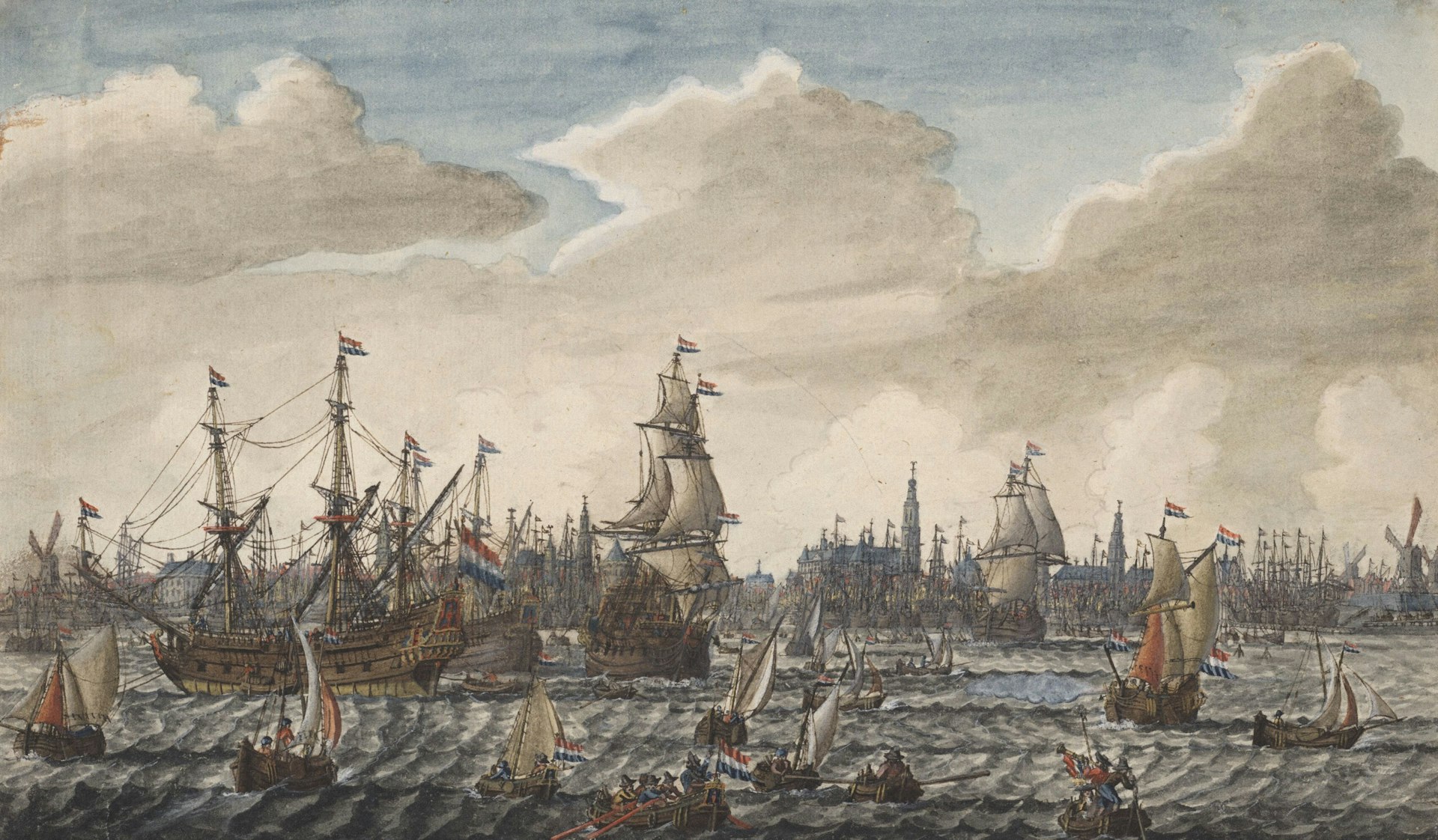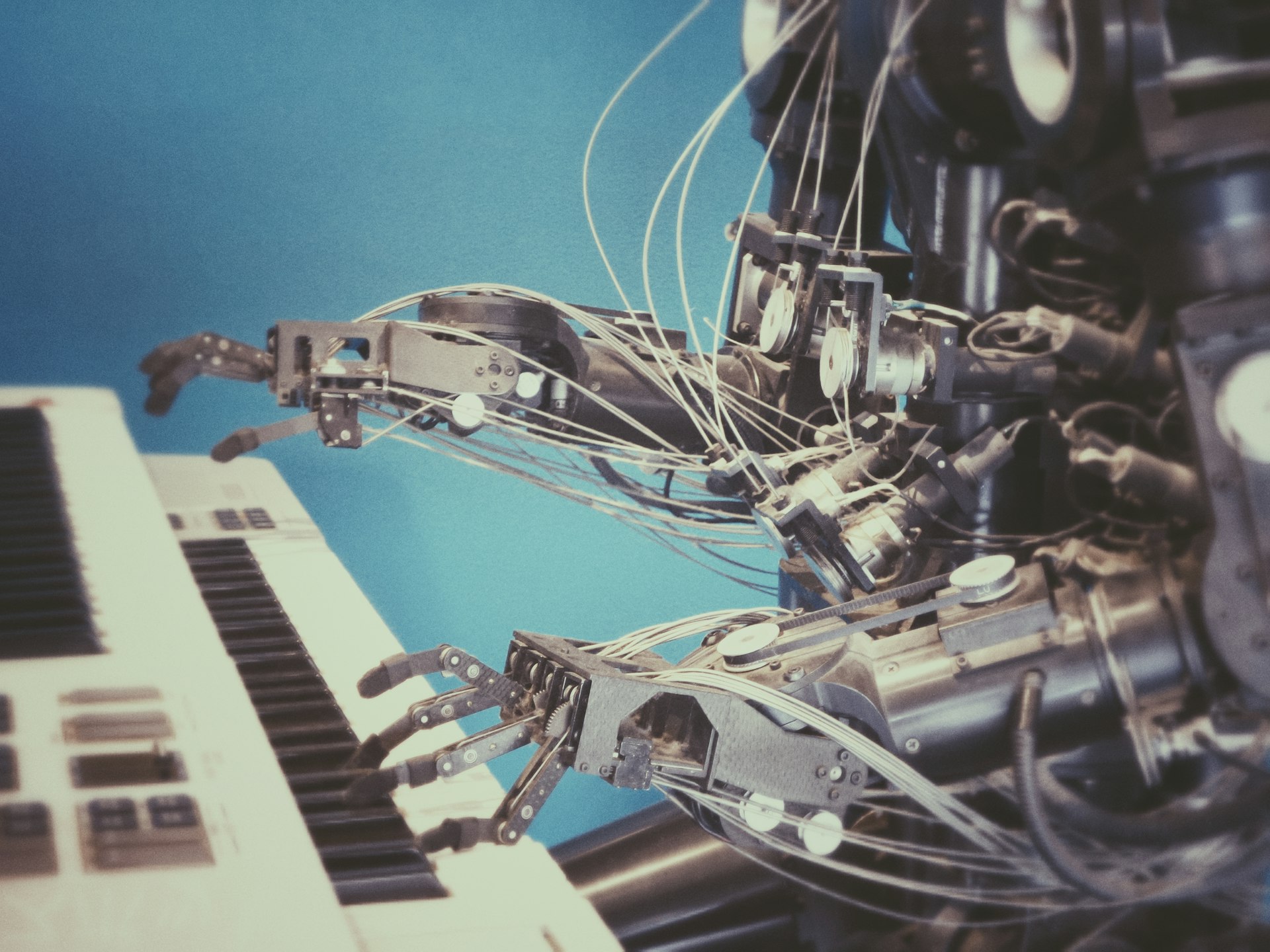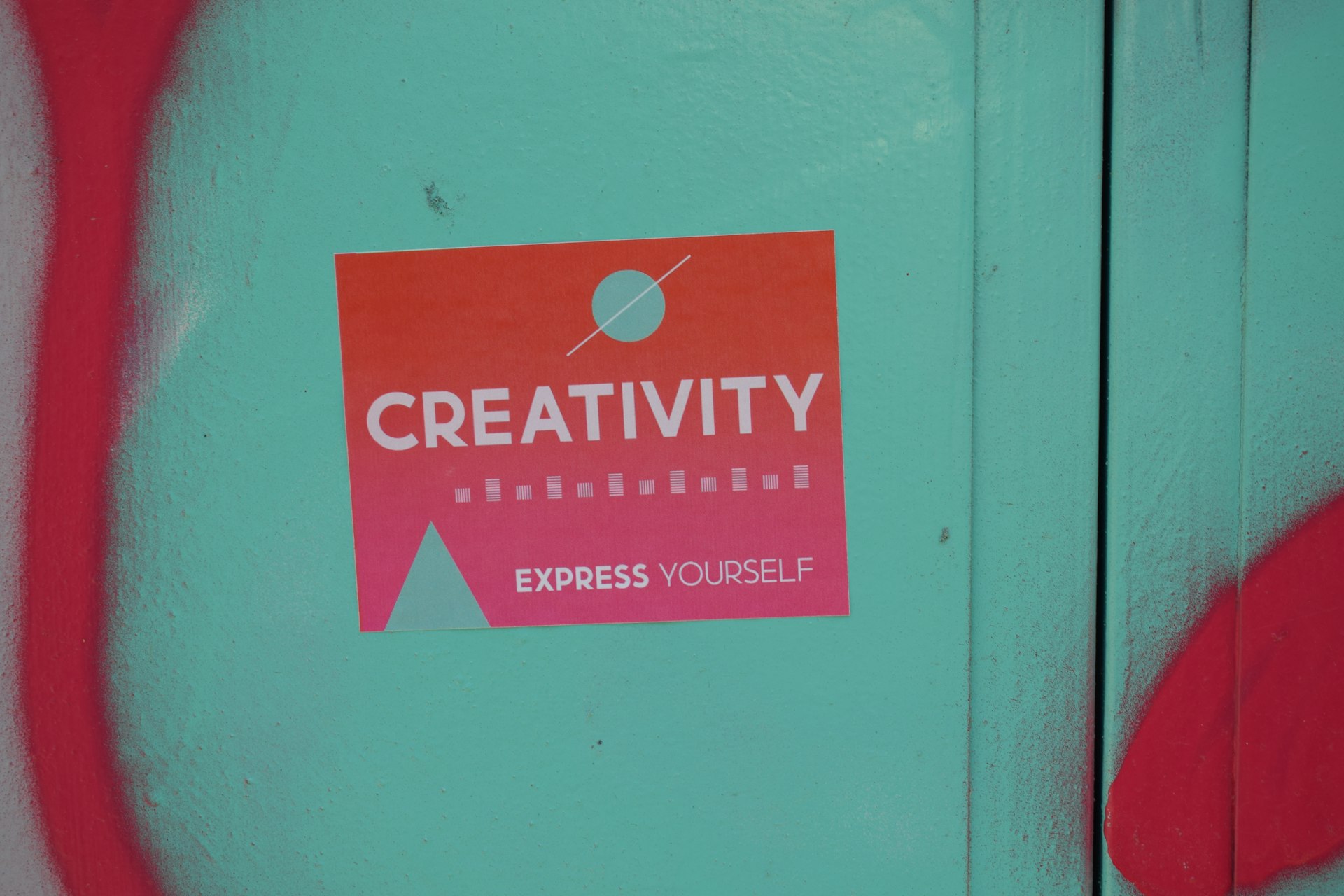How Artificial Intelligence Is Transforming Music Composition: Opportunities, Challenges, and Access

Photo by Possessed Photography on Unsplash
Introduction: The Evolution of Music Composition with AI
The landscape of music composition is undergoing a historic transformation due to the rise of artificial intelligence (AI). From accelerating the creative process to enabling unprecedented musical experimentation, AI technologies are redefining what’s possible in music. Whether you are an established composer, an aspiring artist, or an enthusiast eager to explore new sonic frontiers, understanding the impact of AI on music creation offers both inspiration and actionable pathways.
The Changing Creative Process: How AI Powers Modern Music Composition
Traditionally, composing music demanded years of technical skill, deep creativity, and often collaboration among musicians and producers. Today, AI-driven tools like OpenAI’s MuseNet and Google’s Magenta allow users to generate original compositions across genres-from classical to contemporary-by analyzing vast datasets of existing music. [1] [2]
These platforms use advanced machine learning algorithms to learn patterns in melody, harmony, and rhythm, then generate new material based on user-defined parameters such as mood or style. For example, MuseNet can create multi-instrument compositions, while Magenta offers customizable melody generation. As a result, composers can explore novel ideas and push beyond traditional creative boundaries. [2]
The Advantages of AI in Music: Speed, Innovation, and Accessibility
One of the key benefits of AI is accelerating the music creation process . Tasks that once took days now take minutes, giving artists more freedom to focus on refining lyrics, arrangements, or production. In addition, AI’s analytical power enables the creation of unique musical fusions-mixing elements from disparate genres to produce innovative sounds that may not have been possible through conventional methods. [1]
Perhaps most notably, AI democratizes music composition . Today’s intuitive AI-powered tools allow individuals with little or no musical training to compose original music. Users can specify parameters such as genre, tempo, or mood, and the AI generates a complete piece. This accessibility opens music creation to a broader audience, expanding participation and creativity in the arts. [1]
AI as a Creative Collaborator, Not a Replacement
While AI’s capabilities are impressive, it is best viewed as a collaborative tool rather than a substitute for human musicians. AI can suggest melodies or generate harmonic structures, but the emotional depth, cultural context, and personal expression that define great music remain the domain of human creators. For example, composer Lucas Cantor used AI to finish Schubert’s Symphony No. 8, with the AI providing melodic suggestions that Cantor then orchestrated and refined. [3]
In commercial settings, AI can help composers working on multiple projects meet tight deadlines by providing instant musical inspiration. However, the final creative decisions-and the emotional resonance-depend on the artist’s touch. [3]
Expanding Educational and Creative Opportunities
AI in music is also transforming education. AI-powered platforms can offer personalized lessons, adapt to a student’s pace, and provide real-time feedback. This can make music theory and composition more accessible, especially for those without access to private instruction or expensive equipment. [2]
To access these resources, consider searching for reputable AI music education platforms by using terms such as “AI music theory tools” or “AI-powered composition lessons.” Many well-known universities and music organizations are developing or partnering with such technologies, and you may find options tailored to your needs through official education portals or by consulting with music educators familiar with emerging digital tools.
Implementation: How to Leverage AI for Your Music Projects
If you are interested in experimenting with AI-driven music composition, several approaches are available:
- Use established AI music platforms: Platforms such as OpenAI’s MuseNet and Google’s Magenta are publicly documented and regularly updated. Search for their official project pages to access demos, code, and tutorials.
- Explore commercial AI music tools: Companies like Amper Music and AIVA provide user-friendly interfaces for composing original tracks. These tools typically allow you to select parameters (genre, tempo, mood) and instantly generate music. You can compare features and pricing by visiting their official websites or searching for “Amper Music official site” and “AIVA music composition platform.”
- Integrate AI into education: Teachers and students can leverage AI-powered learning tools to deepen understanding of music theory and composition. To find these, search for “AI music education resources” or consult with music technology specialists at your educational institution.
When considering these tools, it is important to review user guides and terms of service, and to compare feature sets to determine which platform best fits your creative goals.
Ethical and Legal Considerations in AI-Generated Music
AI’s capacity to analyze and replicate musical styles raises important questions about authorship and intellectual property . Who owns the rights to a piece of music generated by AI? Is it the developer, the user, or the original artists whose works were analyzed? These questions are complex and evolving. [2]
Currently, there is no universal legal framework for AI-generated music. You are encouraged to consult with intellectual property professionals or seek guidance from organizations like the U.S. Copyright Office to understand your rights and responsibilities. For the latest developments, search for “AI music copyright law” on reputable legal and music industry sites.
Additionally, AI can imitate the styles of well-known artists, which may lead to concerns about creative originality and the devaluation of human artistry. It is crucial to ensure that your use of AI-generated content is transparent, and when publishing or monetizing such works, to clearly disclose the role of AI in your creative process.

Photo by Kati Hoehl on Unsplash
Challenges and Solutions: Navigating the New Musical Landscape
While AI brings many advantages, it also presents challenges. The emotional nuance and cultural resonance of music are difficult for AI to replicate. Artists may also face technical hurdles in learning to use new platforms. To address these issues:
- View AI as a supplement to-not a replacement for-your creative process. Use it for inspiration and rapid prototyping, but refine and personalize the output.
- Stay informed about evolving intellectual property guidelines by following updates from official music industry organizations and legal authorities.
- Participate in online forums, workshops, or courses focused on AI in music to exchange ideas and solutions with peers.
By adopting a thoughtful, informed approach, you can harness AI’s power while preserving the unique qualities of human musical expression.
Alternative Approaches and Additional Pathways
If you prefer not to rely solely on AI, hybrid workflows-where artists use AI to generate initial ideas and then develop them further-can yield powerful results. Alternatively, traditional composition methods remain vital, especially for music that requires deep emotional or cultural context.
To explore these alternatives, you can:
- Attend music composition workshops to strengthen traditional skills
- Collaborate with other musicians who have experience in both AI and non-AI composition
- Consult with educators or mentors familiar with both approaches
Summary and Key Takeaways
AI is revolutionizing music composition by expanding creative possibilities, making music creation more accessible, and streamlining workflows. These technologies offer powerful new tools, but their greatest value is realized when paired with human creativity and judgment. As you explore the world of AI-driven music, remain mindful of ethical considerations, stay updated on legal developments, and seek out diverse learning opportunities to maximize your creative potential.
References
- [1] FlourishProsper (2024). How Artificial Intelligence is Revolutionizing Music Composition.
- [2] NHSJS (2025). The Impact of Artificial Intelligence on Music Production: Creative Potential, Ethical Dilemmas, and the Future of the Industry.
- [3] I Care If You Listen (2024). With Advancements in Technology, is AI Really a Threat to Human Composers?
MORE FROM resultsdiscount.com













